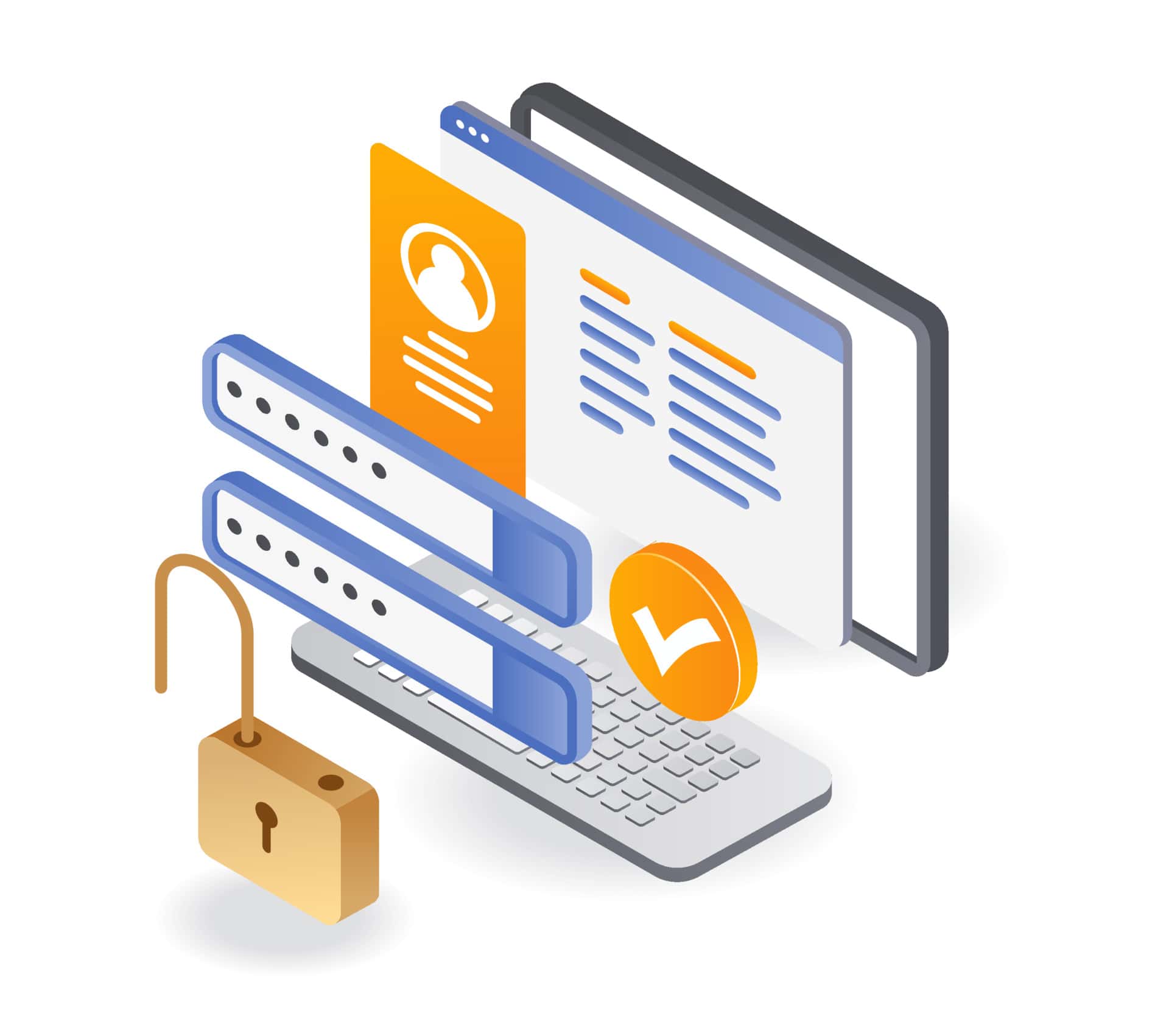Introduction
TikTok, the wildly popular short-form video platform, has become a global sensation, captivating over 1 billion users worldwide. Its addictive content, innovative algorithm, and vibrant community have made it a cultural powerhouse, especially among younger generations. However, TikTok’s success has been overshadowed by growing concerns in the United States, where the app faces the threat of a nationwide ban.
The TikTok ban has sparked heated debates about national security, data privacy, and the future of social media. In this comprehensive article, we’ll explore the reasons behind the ban, its potential impact on users and creators, and what the future holds for TikTok in the US. Whether you’re a TikTok enthusiast, a content creator, or simply curious about the controversy, this guide will provide you with all the information you need.
Why is TikTok Facing a Ban in the US?
The primary driver behind the TikTok ban is national security. US officials have raised concerns that TikTok, owned by the Chinese company ByteDance, could be compelled to share user data with the Chinese government. Given TikTok’s massive user base—over 150 million in the US alone—this raises fears about the potential misuse of sensitive information, including location data, browsing history, and even private messages.
These concerns are not unfounded. In 2017, China passed a law requiring companies to cooperate with intelligence work, which has fueled suspicions about TikTok’s data practices. While TikTok has repeatedly denied sharing data with the Chinese government, the lack of transparency has only deepened skepticism.
Geopolitical tensions between the US and China have further complicated the issue. The US government views TikTok as a potential tool for Chinese influence and propaganda, especially given its ability to shape public opinion through its algorithm. This has led to calls for stricter regulation or an outright ban on the app.
Timeline of Events Leading to the TikTok Ban
The TikTok ban saga began in 2020 when then-President Donald Trump issued an executive order to ban the app unless it was sold to a US-based company. The order cited national security concerns and gave TikTok 45 days to divest its US operations. Although the ban was blocked by federal courts, it set the stage for ongoing scrutiny.
In 2023, the Biden administration revived efforts to ban TikTok, citing unresolved security concerns. Several states, including Montana, have already banned the app on government devices, and Congress is considering legislation to enforce a nationwide ban. TikTok has responded with legal challenges, arguing that a ban would violate free speech rights and harm millions of users.
Public reaction to the ban has been mixed. While some support the move as a necessary step to protect national security, others view it as an overreach that could stifle creativity and innovation.
Impact of the TikTok Ban on Users and Creators
A TikTok ban would have far-reaching consequences for its millions of US users. For many, TikTok is more than just an app; it’s a platform for self-expression, entertainment, and community building. Content creators, influencers, and small businesses that rely on TikTok for income would be particularly hard-hit.
TikTok has become a lucrative platform for creators, with many earning substantial incomes through brand partnerships, sponsorships, and ad revenue. A ban would force these creators to migrate to other platforms, such as Instagram Reels or YouTube Shorts, which may not offer the same level of engagement or monetization opportunities.
Small businesses that use TikTok for marketing would also face challenges. TikTok’s algorithm has proven to be a powerful tool for reaching new audiences, and losing access to the platform could disrupt marketing strategies and reduce sales.
Legal and Political Implications of the Ban
The TikTok ban raises important questions about free speech, data privacy, and government overreach. Legal experts argue that banning TikTok could set a precedent for regulating other social media platforms, potentially limiting free expression and innovation.
The ban could also have international implications. Other countries may follow the US’s lead and impose similar restrictions on foreign-owned apps, further fragmenting the global internet. Additionally, the ban could strain US-China relations, which are already tense due to trade disputes and geopolitical rivalries.
TikTok’s Efforts to Avoid the Ban
To address security concerns, TikTok has launched several initiatives, including Project Texas, a $1.5 billion plan to store US user data on servers operated by Oracle, a US-based company. TikTok has also introduced transparency measures, such as allowing third-party audits of its algorithms and establishing a dedicated team to oversee data security.
Despite these efforts, skepticism remains. Critics argue that TikTok’s ties to ByteDance make it impossible to guarantee data security, and some lawmakers have called for a complete ban regardless of the company’s efforts.
What Does the Future Hold for TikTok in the US?
The future of TikTok in the US is uncertain. Several outcomes are possible:
- A Complete Ban: The US government could enforce a nationwide ban, forcing TikTok to shut down its operations in the country.
- A Forced Sale: TikTok could be required to sell its US operations to a American company, as proposed during the Trump administration.
- A Compromise: TikTok and the US government could reach an agreement that addresses security concerns without banning the app.
Regardless of the outcome, the TikTok saga highlights the growing tension between national security and global tech innovation. It also underscores the need for clearer regulations and transparency in the tech industry.
Conclusion
The TikTok ban in the US is a complex and multifaceted issue with significant implications for users, creators, and the tech industry. While national security concerns are valid, a ban could stifle creativity, disrupt livelihoods, and set a troubling precedent for government regulation of social media.
As the debate continues, it’s important to stay informed and consider the broader implications of the TikTok ban. What are your thoughts on the issue? Share your opinions in the comments below!
Additional FAQs
Why is TikTok being banned in the US?
TikTok is facing a ban due to national security concerns, with fears that user data could be shared with the Chinese government.
How will the TikTok ban affect users?
Millions of US users will lose access to the app, impacting entertainment, creativity, and income for content creators.
Are there alternatives to TikTok?
Yes, platforms like Instagram Reels, YouTube Shorts, and Triller offer similar features.
What is TikTok doing to avoid the ban?
TikTok has launched Project Texas to store US user data on Oracle servers and introduced transparency measures.
Can the TikTok ban be enforced?
Enforcing a ban could be challenging due to legal hurdles and the app’s widespread popularity.
What are the legal implications of the TikTok ban?
The ban raises questions about free speech, data privacy, and government regulation of social media.
What is the future of TikTok in the US?
The future is uncertain, with possibilities ranging from a ban to a compromise or sale to a US-based company.
Can TikTok users in the US still access the app if it’s banned?
If a ban is enforced, TikTok would likely be removed from app stores, and existing users might lose access to updates or new features. However, some users might find workarounds, such as using VPNs.





